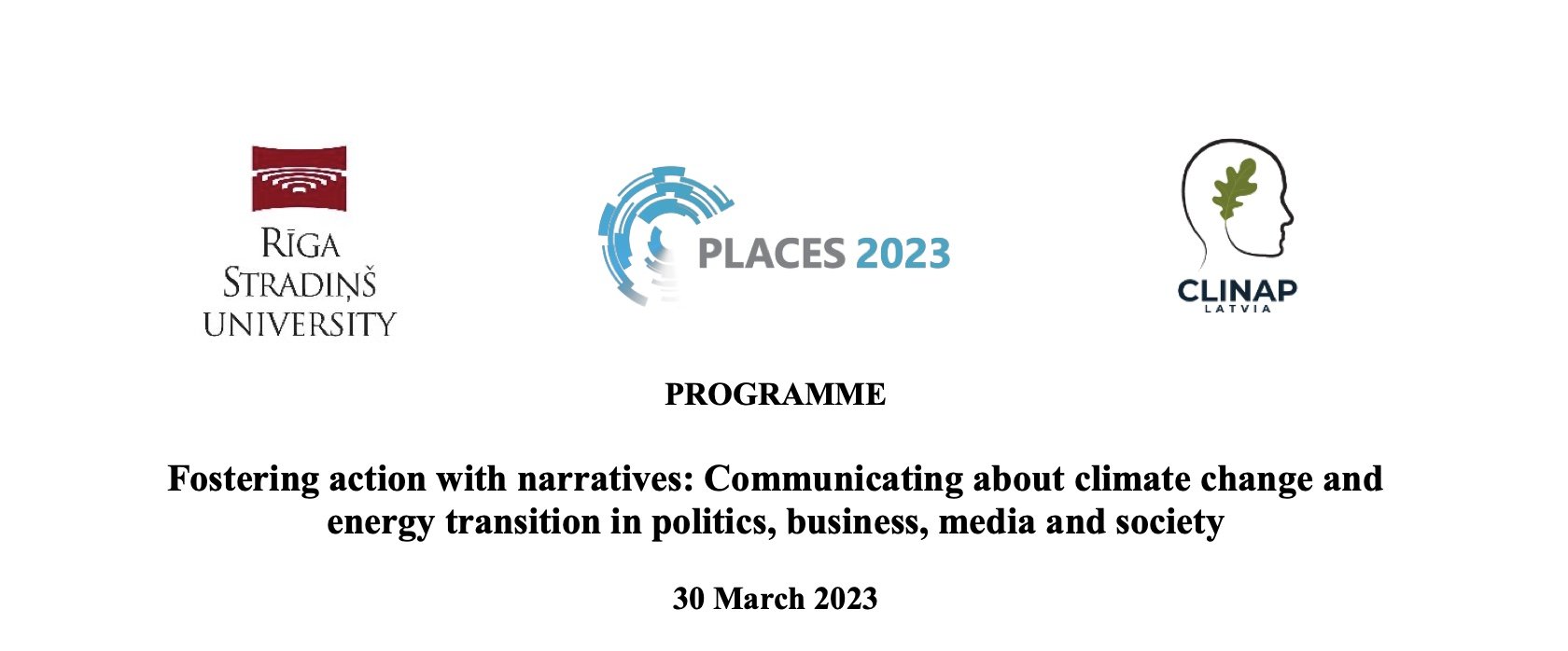PROGRAMME TUESDAY 16 MAY 2023
Please note paper abstracts are available to read here.
Venue
Senate House (room 104) - University of London,
Malet Street, London, WC1E 7HU.
Travel guidance is here.
Hosted by
The New Political Communication Unit and
The Gender Institute
Royal Holloway University of London
Registration for in-person and online attendants at this link
More info and updates http://www.newpolcom.rhul.ac.uk
10.30-12.15
Early Career Researchers Workshop
Fresh Perspectives and Research Projects
Discussant > Prof Ben O’Loughlin, Director of Newpolcom
Scott Downham, Royal Holloway
‘How only some Citizens are Socialised into Filter Bubbles and Echo Chambers. The Implications for Agency on Digital Platforms’
Hugh Hammond, Royal Holloway
‘Thought and Body in Platform Labour’
Arvind Kumar, Royal Holloway
‘Invention of Resistance Strategies against Everyday Discrimination. Digital Ethnographic Study of Anti-Caste Twitter Spaces in India’
Dr Cat Morgan, Heriot-Watt University
‘Digital Trade Union Work: Correcting Misinformation About Strike Action’
Chris Pavlakis, Northumbria University
‘Nested precarities of creative labor on social media’
Jonathan Pettifer, University of Birmingham
‘Norm Contestation through Digital Platforms and Social Media’
13.00-15.00
Panel Commodities vs Commons
Chair > Dr Marco Guglielmo
Keynote > Prof Phoebe Moore, University of Essex
‘The Social Relations of Data Production and Diminishing Rights to the Subject’
Guest Speaker > Gabriele Masci, Open Impact
Scott Downham, Royal Holloway
‘Public Attitudes towards Data use’
Dr Ilona Steiler, Tampere University, Finland
‘Political agency in the platform economy: a matter of time’
Dr Bradley Ward, University of Birmingham
‘Progressive Network Systems. The Political Organisation of Disruptive Agency in the Digital Commons’
15.15-17.15
Panel Surveillance vs Empowerment
Chair > Prof Ben O’Loughlin
Keynote > Dr Elinor Carmi, City University of London
‘To become empowered click here: Shaping people's agency according to tech bros tales’
Guest Speaker > Dr Declan McDowell-Naylor
Information Commissioner’s Office
Rachel Brock, University of Liverpool
‘Visibility as Vulnerability: Surveillance Capitalism's Threat to Women in Online Political Spaces’
Nathan Critch, University of Birmingham
‘Public Inquiries and Digital Platforms: Spaces of Resistance or Continued Containment?’
Dr Ramón Villaplana Jiménez, Catholic University of Lille, France ‘Political parties as –questionable– agents for openness’
PROGRAMME WEDNESDAY 17 MAY 2023
10.30-12.15
Panel Virtual Realities and Artificial Intelligence
Chair > Dr Pauline Heinrichs
Keynote > Dr Emiliano Treré, Cardiff University
‘Emerging shapes of domination, resistance and imagination in the age of AI’
Guest Speaker > Shehani Fernando, Immersive Creator
Jake Pitre, Concordia University Montreal, Quebec, Canada
‘Rhetorical Imaginaries: Theoretical Approaches to Platform Futures’
Dr Scott Wark, University of Kent
Dr Thao Phan, Monash University, Australia
‘Race, by Proxy’
13.00-15.00
Panel Theoretical Perspectives
Chair > Dr Marco Guglielmo
Keynote > Dr Alex Williams, University of East Anglia
‘On Platform Hegemony: The Metapolitics of Digital Infrastructures’
Guest Speaker > Dr Nikki Soo, TikTok
Antonia Alecu, University of Birmingham
‘Digital platforms as third spaces of gender performance and resistance’
Dr Mikael Andéhn, Royal Holloway
‘Exiting the rabbit hole’
Paul Geyer, University of Leeds
‘The next ideological phase of social media: the subscription model and subscription subject’
15.15-17.00
Roundtable
Future Challenges and Research Agendas
The speakers and guests will discuss theoretical perspectives and empirical research on the tensions that arise from the political agency within and of platform societies.
Digital platforms reshape social relations across multiple dimensions, defining new routes to explore the possibilities of exploitation and liberation in capital/labour, human/nature, and gender relations.
The starting point for our symposium is that two tensions shape political contestation in platform societies:
§ The first is the contestation over data commodification versus the promotion of digital commons.
§ The second tension arises between digitalisation as a tool for authoritarian surveillance or as a means for democratic empowerment.
Finally, we seek to stimulate fresh debates on the future directions of digitalisation, and what new risks and opportunities may be emerging for the decades to come.










